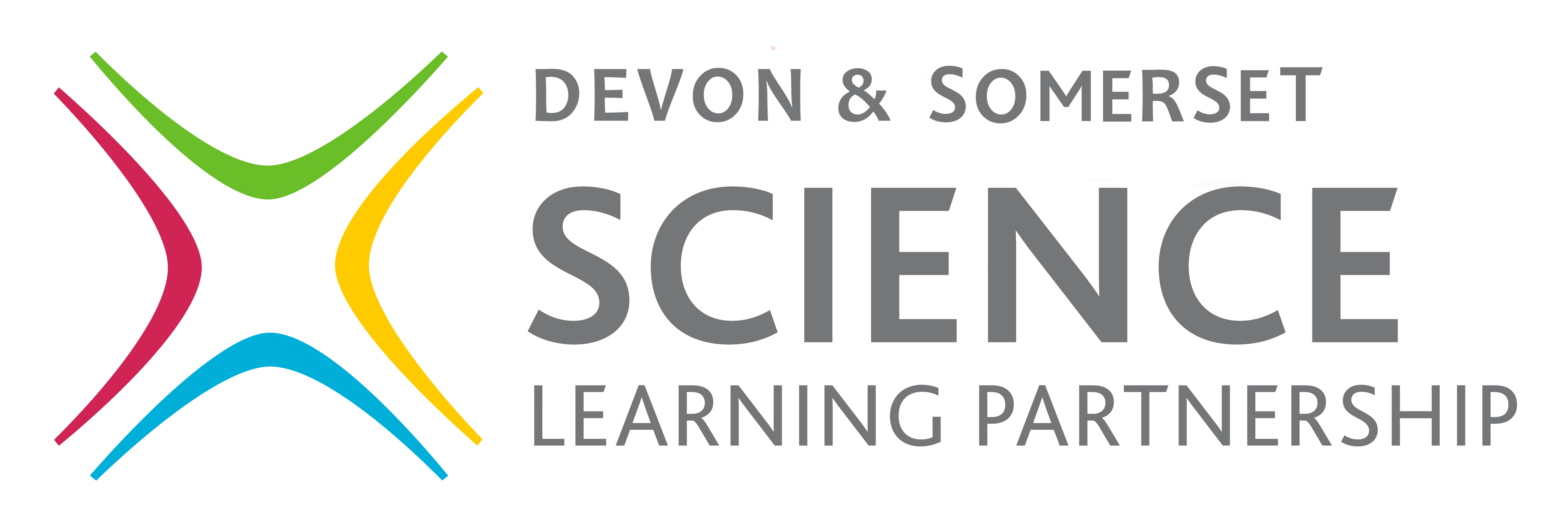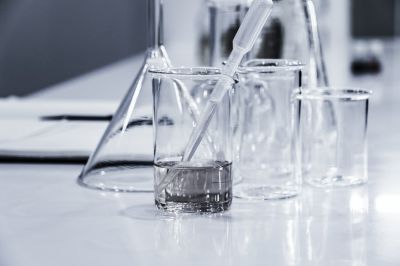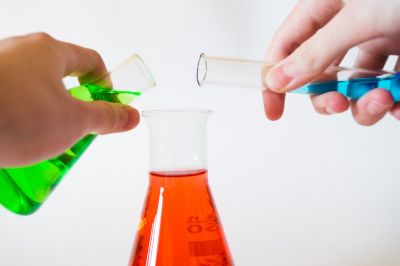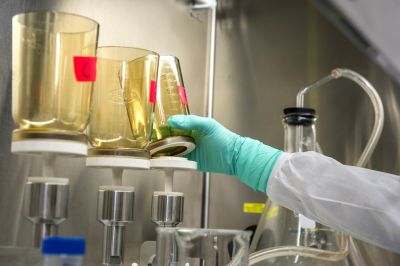A professional develeopment day for
Secondary Science Subject Leaders
In its most recent subject review of science Ofsted (Finding the Optimum) has said that in schools; ”Where leadership was strong, subject leaders focused on improving the quality of education, and not just on administration. They use(d this) information to decide the focus of science training sessions.”
This day is designed to give you the tools to work with your team and address some of the issues raised in the report and assist you in your departmental leadership.
When?
It is an in-person event on the 4th of July 2023, starting at 09:00 finishing at 15:45
Where?
Sheldon School, Hardenhuish Lane, Chippenham, SN14 6HJ
Who for?
Designed to help subject leaders in their roles, the day will feature a series of interactive sessions providing you with an opportunity to meet and with other colleagues, share good practice and learn from expert consultants and keep up to date current issues in secondary science education to help you learn about the current issues affecting schools and the support that exists to help you in your role.
Intended Outcomes
You will be able to
- Network with other science leaders
- Develop thinking around science teaching to enhance learning
- Learn about the support available to you in your current role
- Take away ideas to use to train your colleagues in your own school
How much?
The entire day will cost just £75, booking is advisable as places are limited at this event.
Book now to attend the development day on Tuesday 4th July 2023
Time |
Session information |
| 09:00 - 09:15 |
Arrival and coffee |
| 09:15 - 10:30 |
Using models and modelling in science lessons (Part 1) An essential part of KS3, GCSE and post-16 sciences, teachers use models all the time to convey complex ideas, even if sometimes they do not know they are doing it! Students are required to use and critique scientific models when they apply their understanding. In this session, you will explore various models in science (physical, diagrammatic, abstract, mathematical, etc.), and develop effective approaches to the using them in lessons - leading to engaging classroom activities, deeper understanding and better assessment outcomes. |
| 10:30 - 11:00 |
Break |
| 11:00 - 12:00 |
Using models in science teaching (Part 2) This is the second part of the earlier session. |
| 12:00 - 12:30 |
National and regional update |
| 12:30 - 13:30 |
Lunch and exhibition |
| 13:30 - 14:30 |
Leading your department-scenario sharing In this session we will look at some of the common and may be less common issues that occur in science departments and develop some collective solutions. It will provide an opportunity to talk to other science leaders, like you, and share good practice. |
| 14:30 - 15:30 |
Finding the optimum headlines- what does working scientifically mean in your science lessons Ofsted has recently stated that schools need to; “Ensure that the curriculum identifies and sequences the disciplinary knowledge that pupils need to work scientifically. This should not be limited to learning about scientific techniques, data analysis or fair tests. It should include developing their knowledge of all areas of working scientifically, including different types of scientific enquiry, such as pattern seeking, and concepts such as evidence and accuracy.” |
| 15:30 - 15:45 |
Plenary and close |



